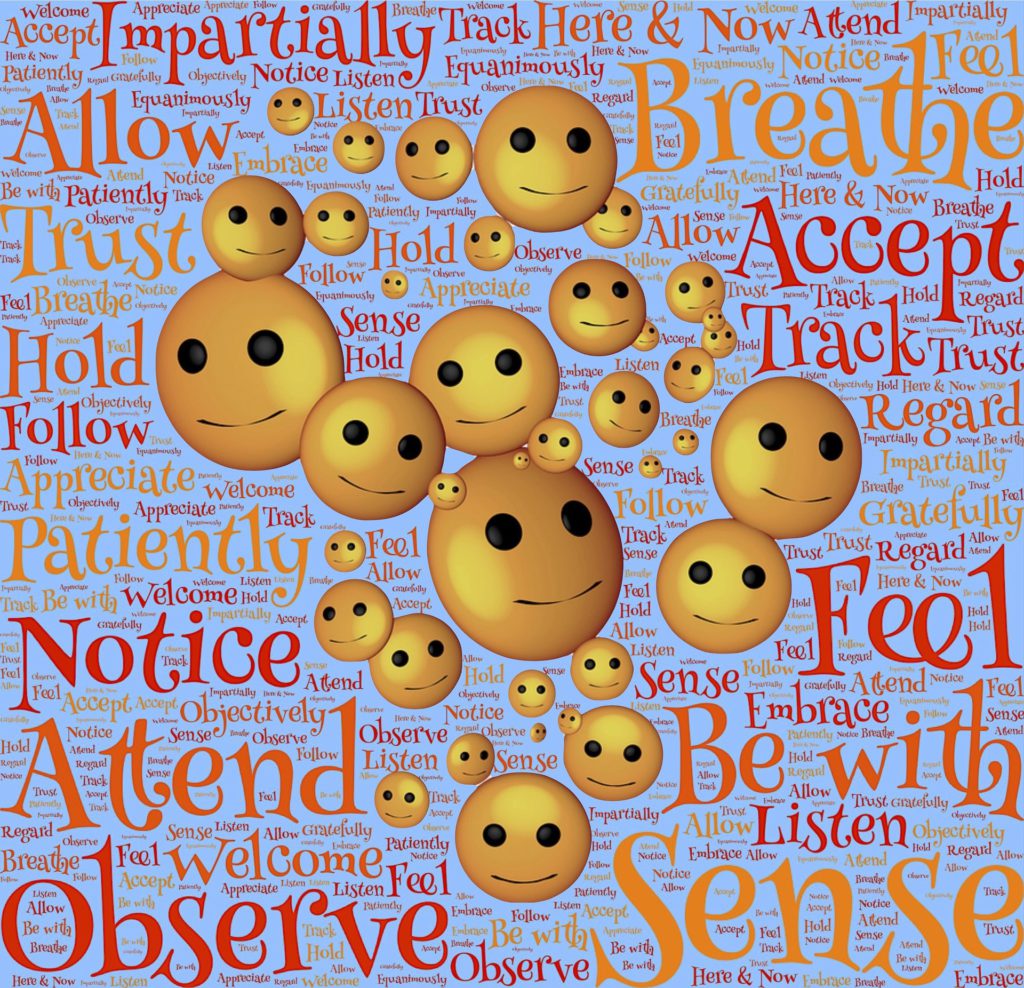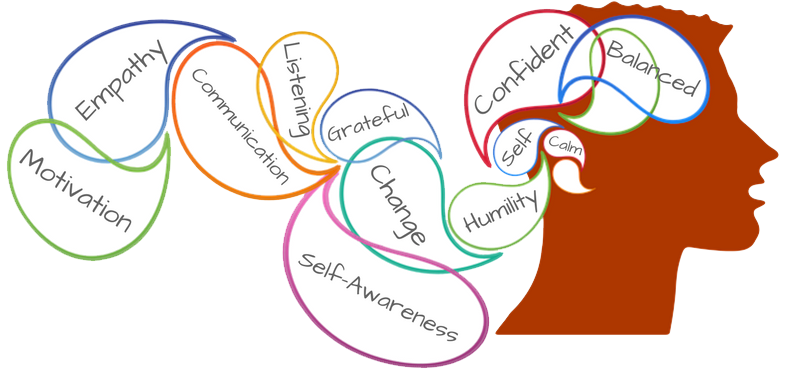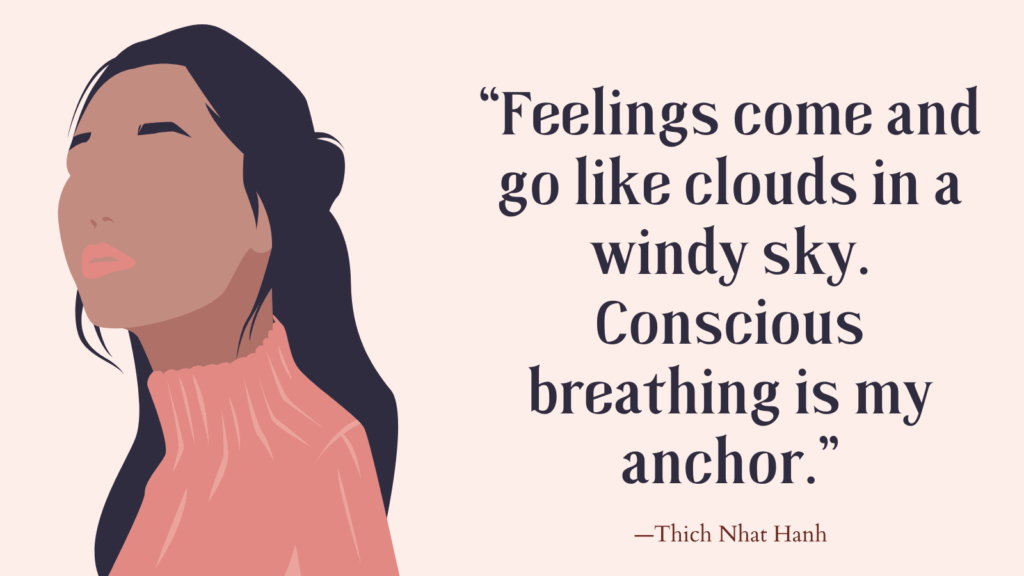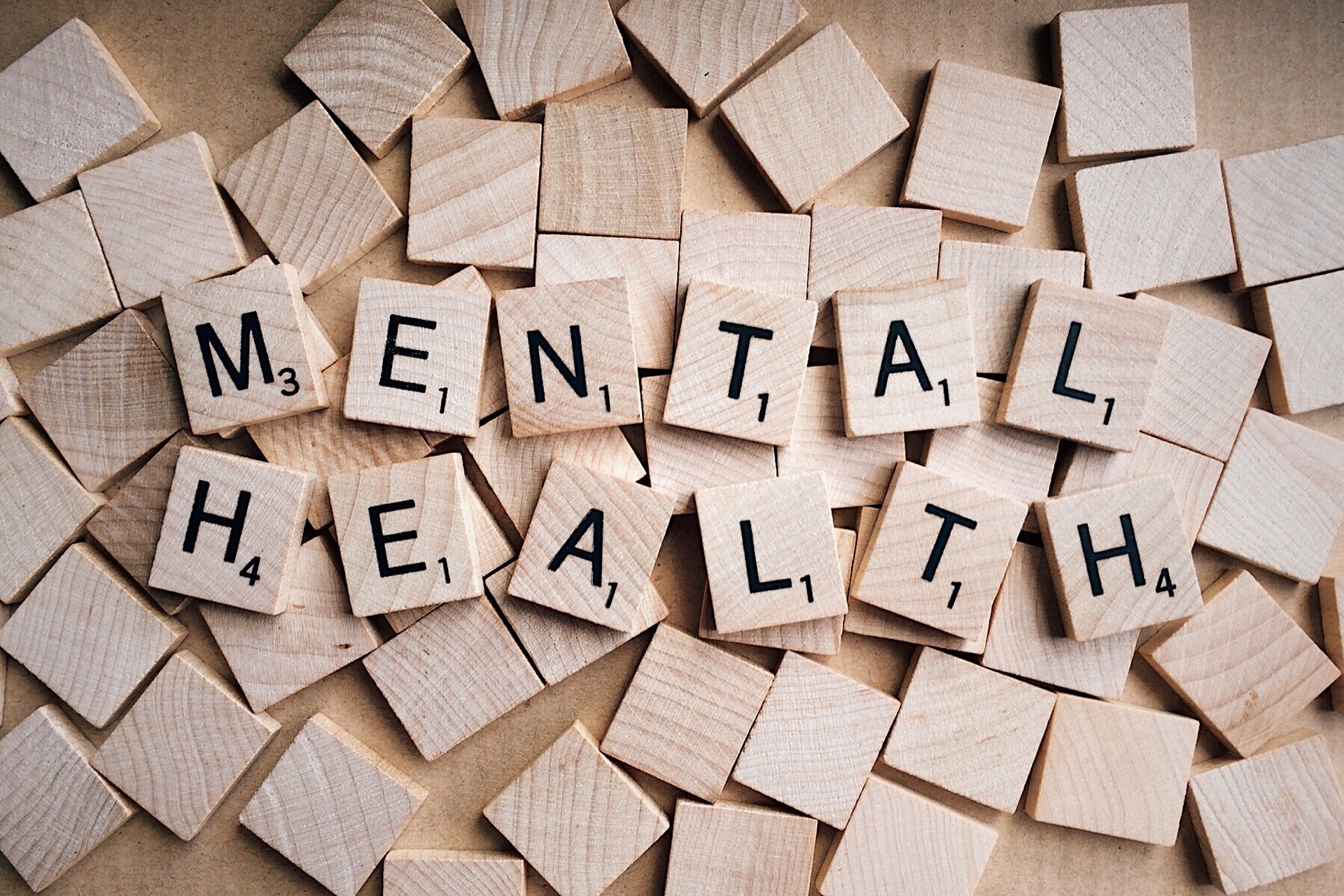The term Mental health was revolving all around and kindled my curiosity. I started researching the topic.
Mental health is defined as “A state of emotional and psychological well-being in which an individual is able to handle normal life stresses, work productively and fruitfully, and make a contribution to society”. Mental health is not just the absence of mental illness but also a state of psychological well-being. It can also be defined as a positive state of emotional and psychological well-being in which an individual is able to handle normal life stresses and work productively and fruitfully.
Wait a minute! Does it ring a bell? Yes. Isn’t it more relevant to emotional intelligence? I quickly developed my research.

So why are emotions so important?
This is not just a coincidence. Emotions are powerful forces that can have a significant impact on your mental health. In fact, some researchers believe that emotions are so important for psychological well-being that they should be considered a vital sign of mental health. Emotions are not just about how you feel. They are also about how you think, behave and interact with others. Emotions influence the way we make decisions, solve problems, communicate with others and cope with stress. The link between emotions and mental health is important to understand. It can help you learn how to manage your feelings and develop strategies for dealing with them in a healthy way. Emotions are a natural part of being human. They are part of what makes us human, and they make life worth living. We feel them because they help us to make sense of the world around us. Without emotions, we would not be able to survive.
What can you do to improve your emotional health?
Having emotional intelligence, or EQ, can help you maintain a balanced state of mental health. Low emotional intelligence has been linked with an increased risk of mental health disorders. But EQ isn’t an inherent quality. It’s a skill that you can learn and develop to support your mental health. – By Renewal Lodge
Emotional regulation is an adaptive strategy that allows you to work with anything that comes your way. Whenever you encounter a situation, an emotion will be elicited. You can modify your physical, mental, and behavioral responses to reach your goals.

There are different ways of describing emotional regulation, but the bottom line is this: it is your ability to manage your emotions so that you feel less anxiety, depression and anger. For example, if something happens that makes you incredibly angry, you might practice self-subjugation. This means that instead of expressing your anger or rage, you ignore your feelings and try to push them down inside yourself while continuing to go on with your normal day. Rather than respond negatively to what has happened, the goal is to be able to identify the problem that has caused your anger or sadness and then figure out how to solve it without becoming overwhelmed by negative emotions.
Takeaway: Emotional regulation is a critical skill that can help us lead more fulfilling lives. It’s easy to fall prey to your emotions and allow them to impact your daily life in ways you don’t want. However, a more mature understanding of self-regulation can help you to control your emotions instead of allowing the reverse to happen. Think about the kinds of situations that typically cause you stress, and how you might take control over them. You can also teach yourself specific strategies for handling emotions when they arise. By doing so, you’ll learn to live your life with a certain sort of dignity and grace.


